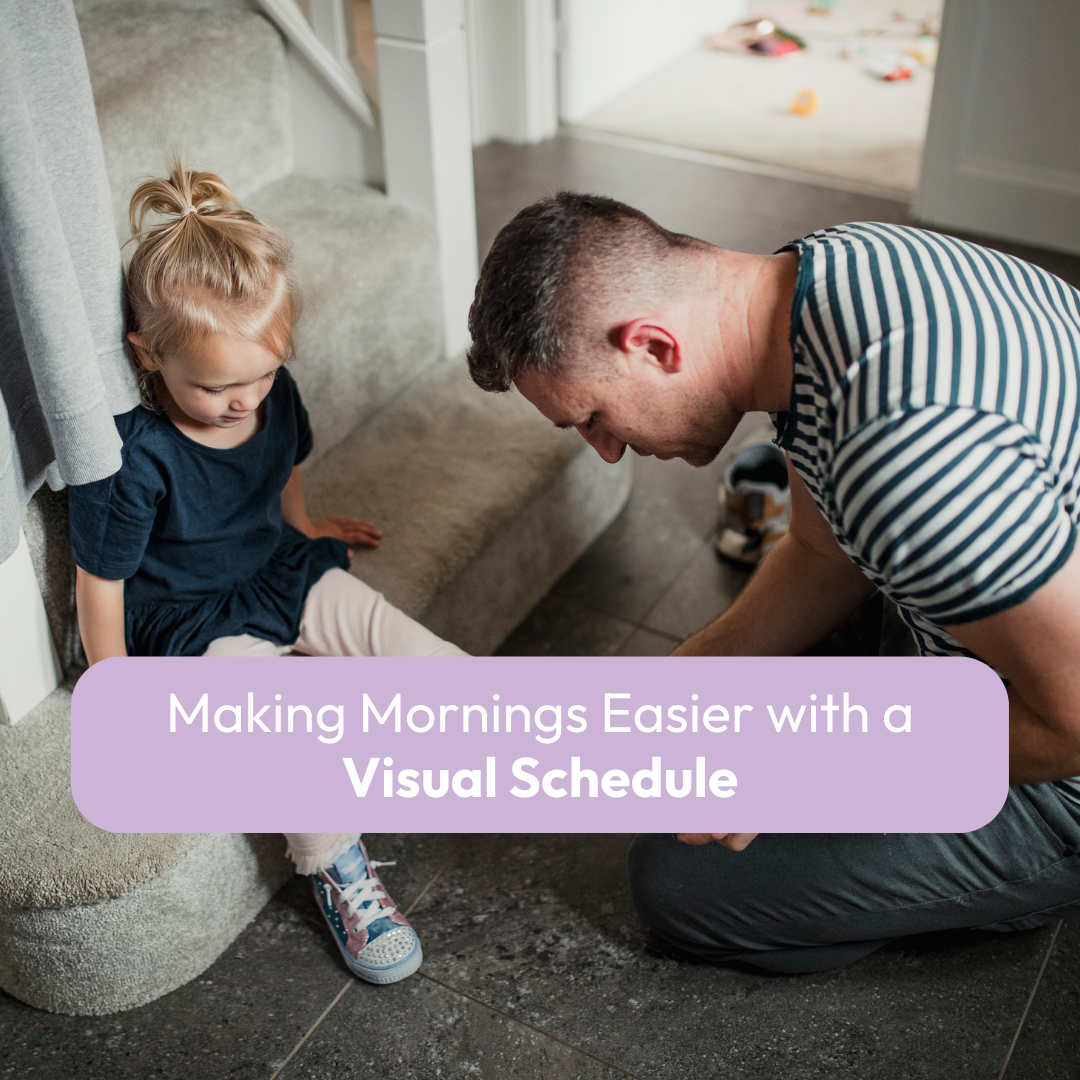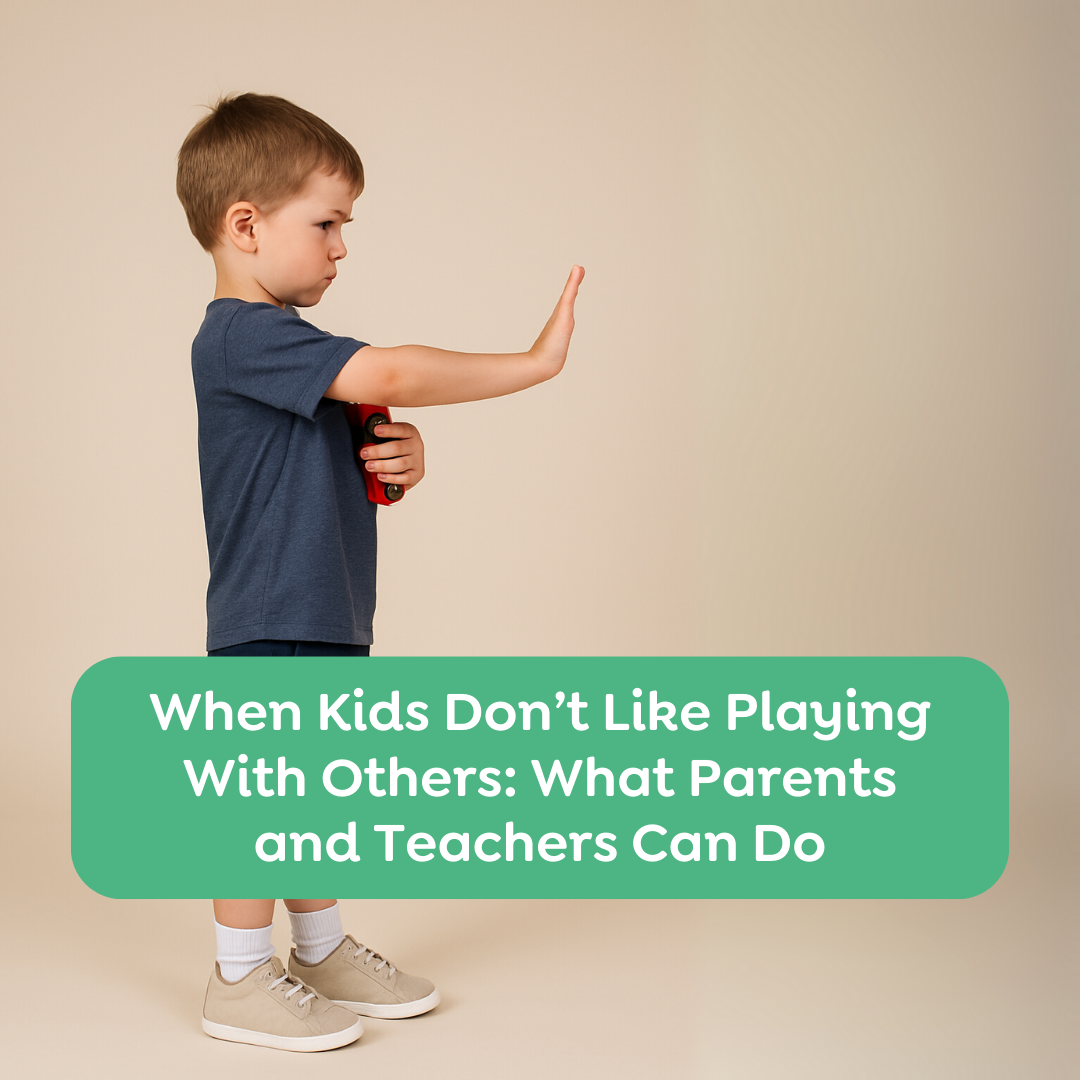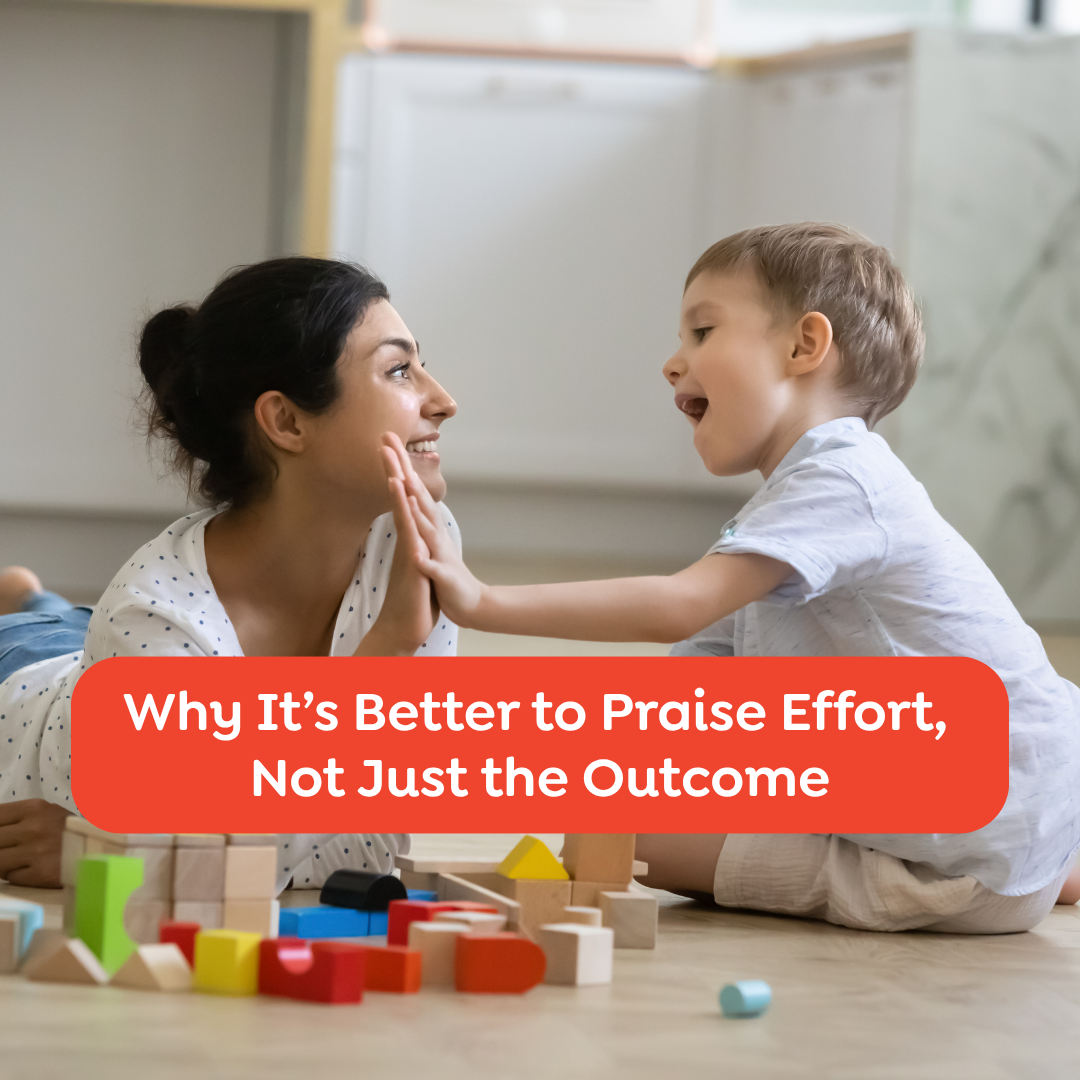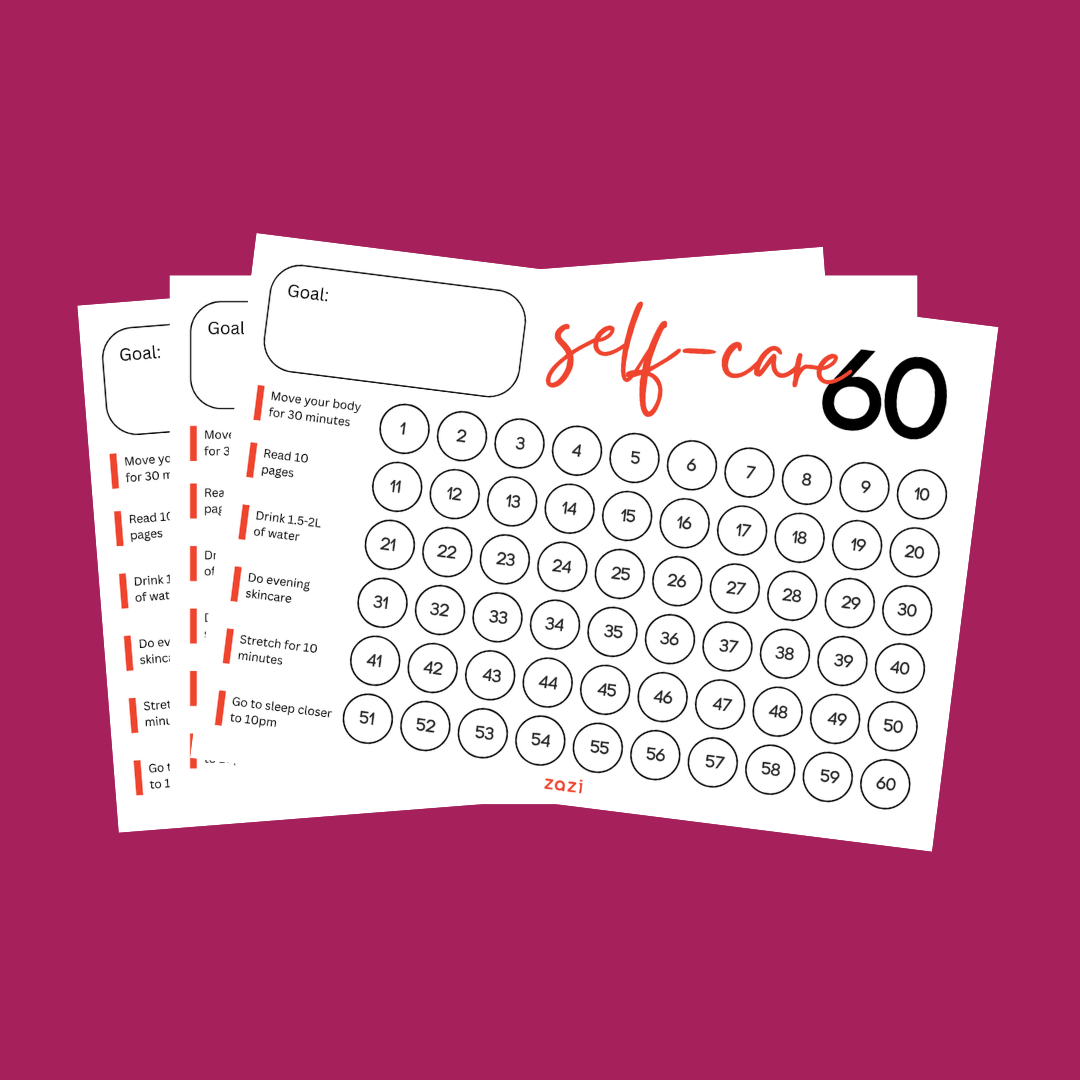Time-outs are harmful
Timeouts Are Harmful ⬇️
Tantrums and misbehaviour are a normal part of child development. Young children haven’t yet learned how to manage their emotions, so when they lose it they need our guidance, not punishment.
Here’s 5 reasons why timeouts can be emotionally harmful and ineffective:
1. Feeling Alone and Ashamed: Imagine being sent to your room alone after a tough day at work. You’d feel pretty isolated and ashamed, right? That’s how a child feels during a timeout, like those emotions should't be shown. This can damage their self-esteem and make them bottle their feelings.
2. Lost Teaching Moment: When we use timeouts, we miss the chance to teach our kids how to handle big emotions. It’s like expecting someone to learn a new skill without any instruction.
3. Heightened Anxiety: Being isolated during a meltdown can increase a child’s anxiety and fear, making future meltdowns even worse. Think of how you’d feel if you were left alone to deal with a stressful situation without any support.
4. Break in Connection: Kids need connection and comfort when they’re upset. All behaviour is communication - their tantrum or misbehaving was communicating that they had unmet needs, big emotions and needed connection. Just like you’d want a hug or some kind words after a breakup, children need the same during distress. They need to know we love them unconditionally, regardless of how they show up.
5. Unresolved Issues: Timeouts don’t address the root cause of the behavior, so children don’t learn better ways to handle their feelings or behave. It’s like inflating a flat tyre without fixing the puncture. You're not 'teaching them a lesson', you're teaching them to suppress themselves.
Instead of using timeouts, let’s have more TIME-IN, focus on building connection and practicing co-regulation with our children. By teaching them how to understand and manage their emotions, we help them grow into emotionally healthy and resilient adults.
Watch the full reel here











